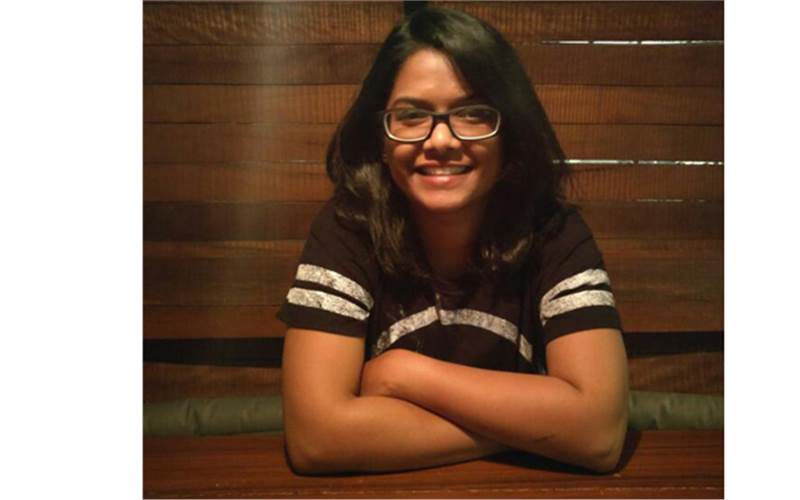A round-up of packaging news
We bring to you the latest stories from the world of packaging. Here's a round-up of the week that went by.
06 Mar 2017 | By Priya Raju
Siegwerk in a Schekolin’s plastic packaging business buy
Siegwerk, a supplier and manufacturer of printing inks for packaging applications and labels, has acquired the plastic tubes and laminates business unit from Schekolin, a provider of packaging lacquers located in Liechtenstein.
With this acquisition, Siegwerk broadens its portfolio by adding specialty UV varnishes suitable for plastic packaging including rigid tubes.
Michael Mueller-Samson, head of business unit Narrow Web EMEA at Siegwerk, said, “The purchase of Schekolin’s plastic packaging business complements our portfolio with high-quality varnishes and reinforces our position in UV curing solutions.”
He added, “By integrating Schekolin’s products we expand our offering for customers asking for specialty solutions for high-end packaging, and are able to target our customers’ individual needs even more effectively.”
Siegwerk’s purchase offer includes the transfer of all technical expertise and product portfolio as well as the manufacturing equipment related to Schekolin’s plastic tubes and laminates business unit.
RFID technology shows growth trends
Globally, RFID costs are coming down and its reliability is increasing and accuracy is improving. According to experts, 2017 looks to perhaps be the year when this technology will finally find broad acceptance.
As the supply chain becomes increasingly driven by RFID, and real-time tracking becomes an expectation instead of the desired state, anticipate an increase in RFID deployments even at small companies.
The current price point of passive tags makes them attractive — many companies who may have been previously resistant to RFID implementation because of cost are taking the leap. Active tags are gaining more traction, too, as technology and read rates improve. New, innovative applications and use cases will continue to drive growth in active tag technology implementation.
Retail remains strong and will continue to grow, and RFID can play a crucial part in providing the required agility provided by a lean and transparent supply chain.
Research published early this year by BarTender partner The Platt Retail Institute, in conjunction with Northwestern University and The Retail Analytics Council, takes a deep dive into RFID data and applications in the retail sector.
Only 14% of plastics are recycled globally
According to reports published the world recycles just 14% of the plastic packaging it uses. Also, 8m tons of plastic, much of it packaging, ends up in the oceans each year, where sea life and birds die from eating it or getting entangled in it. Eventually, raises concerns that toxins can make their way into our food chain.
A recent report by the Ellen MacArthur Foundation Recycling said that the remaining 86% of used plastics could create $80bn-$120bn in revenues. But those revenues will never be fully achieved without designing new ways to breakdown and reuse 30% (by weight) of the plastic packaging that isn’t recycled. The reasons can be due to the material is contaminated or too small for easy collection, has very low economic value or contains multiple materials that cannot be easily separated.
Large companies have already developed plant-based alternatives to conventional, petroleum-based plastic so that they can break down without contaminating the soil and water.
The market opportunity is huge and has and will attract more of the small, young companies that focus on developing recycling technology to tackle that troublesome 30% of plastic packaging that is headed to landfills at best, and, at worst, to our rivers, lakes, and oceans.
M&A interest remains strong in plastics packaging
Jeremy Stone, managing director of Sun Capital Partners and the owner of Coveris Holdings, a plastics packaging company thinks the continued interest in plastics packaging this year will extend what has now become a prolonged increase in merger and acquisition activity.
Attention on the packaging sector, driven predominately by interest in plastics packaging, fueled what Stone called robust M&A years in 2014 through 2016.
He said, “We seriously pursued about 50 transactions over that three-year time period. Almost exactly one-third each year,” he said. And his private equity firm closed on three of those deals in a very competitive buying environment.
“From my perspective as an investor, it’s been challenging,” he said. “But as a seller, it’s been great.
“I don’t see that changing really at all in 2017,” he said.
“Creating the attention on the packaging is the sector’s performance during the last three recessions, where the business outperformed the broader market, generally speaking. Investors have recognised the stability of packaging,” Stone said.












 See All
See All